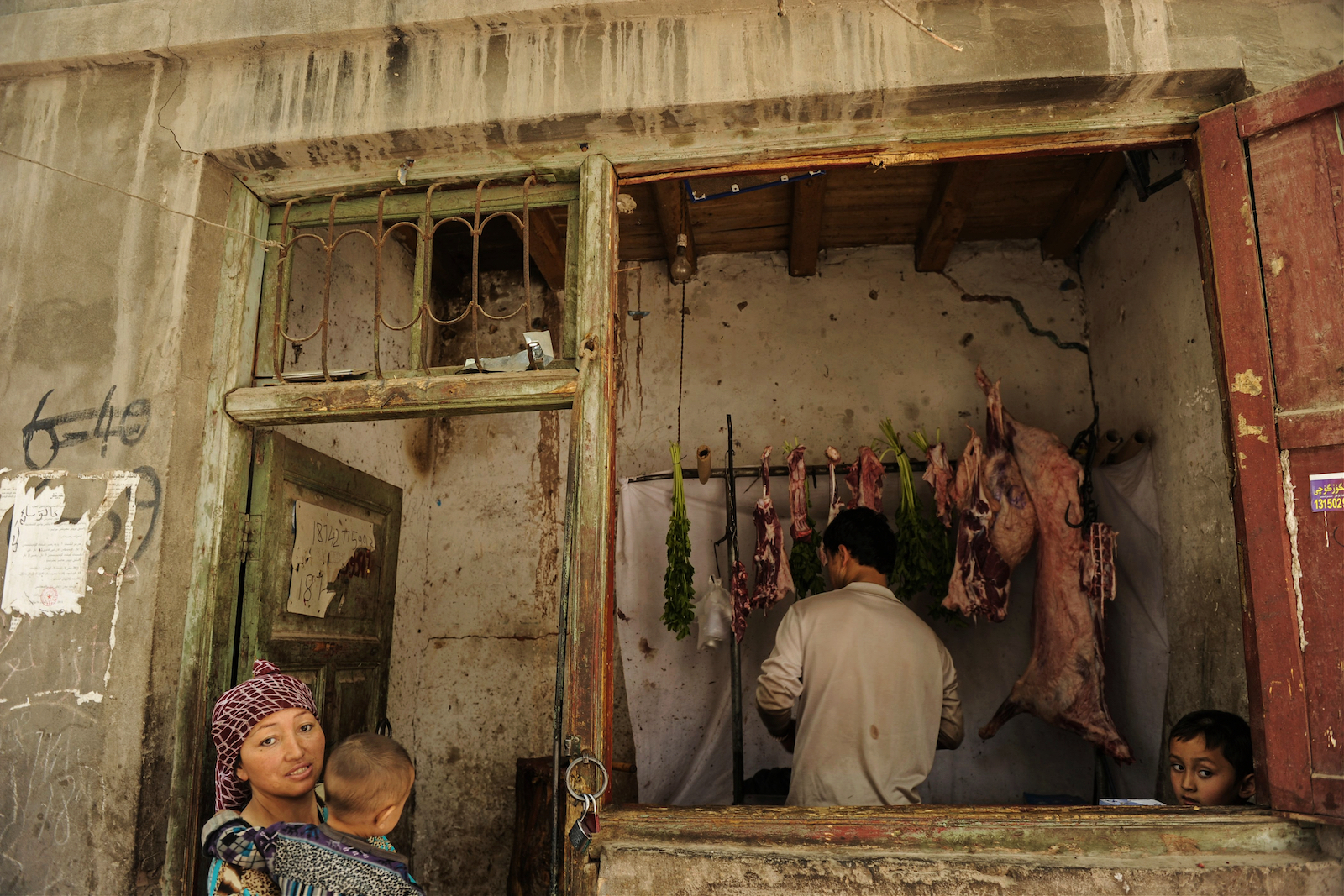
Washington has Failed to Pressure China over Uyghur Human Rights
The plight of the Uyghurs in China’s Xinjiang region underscores the resilience of a community and the urgent call for an international response. In the last half-decade, more than two million Uyghurs, including a significant number of children, have been detained in internment camps. The existing policy of the United States in response to these human rights abuses in China falls short. The question remains: Will the United States take decisive steps to avert another genocide?
The Uyghur Human Rights Policy Act (UHRP) was enacted in 2020, targeting Chinese officials, the Xinjiang police, and entities utilizing forced Uyghur labor. Since its implementation, U.S. Customs has intercepted over 4,000 shipments valued at $1.4 billion from Xinjiang. However, recent studies indicate that forced labor transfers for seasonal farming are still included in Xinjiang’s official development blueprint. With ongoing oppression in the region, the United States must escalate its measures.
The United States needs to broaden the scope of sanctions to include more Chinese government officials, businesses in Xinjiang, and international investors involved. Enhanced and precise sanctions are essential for promoting human rights, fostering improvements in the labor market, and driving reforms within the energy sector. To effectively prevent products derived from forced labor from entering the American market, these sanctions must be reviewed and updated on an annual basis.
While sanctions are a potent political gesture, they have not fully stopped Xinjiang-produced cotton and other materials from seeping into the U.S. market, mainly due to ongoing supply chain issues. In some cases, sanctions can be counterproductive. For instance, after the U.S. imposed sanctions on cotton from Xinjiang, China shifted its focus to other economic activities, such as the production of polysilicon, which poses environmental and health risks to the Uyghur community. Meanwhile, in these oppressive conditions, Uyghurs continue to suffer as American entrepreneurs and wealthy investors broaden their involvement in Xinjiang’s energy sector.
For these compelling reasons, the imposition of more stringent and focused sanctions on China is imperative. Continuous monitoring and periodic updates of these sanctions are crucial. An annual review of the Uyghur Act could bring multiple advantages.
Firstly, it would project a forceful, unequivocal message to China, signifying that the global community is collectively opposed to the violation of human rights, with a particular focus on the plight of the Uyghur people. Secondly, such pointed sanctions could apply economic pressure that may prompt China to reconsider its current stance and methods. Thirdly, by routinely revising the Uyghur Act, there is an opportunity to incorporate fresh intelligence regarding entities that participate in forced labor practices.
While there might be concerns about China’s reciprocal actions, such as imposing trade barriers, their effects might not be as detrimental as anticipated. This is due to nations increasingly diversifying their trade networks, thus lessening their reliance on China. The post-pandemic economic landscape and the rising costs of labor in China have already led to inflated prices for goods and services, necessitating market adjustments. In the long run, heightened competition and innovation are likely to yield more cost-efficient alternatives.
Enhanced, pinpointed sanctions on China and the annual reassessment of the Uyghur Act are prudent moves. This legislation symbolizes a steadfast American commitment to protecting human rights, promoting global accountability, and constantly refining diplomatic tactics to meet the changing needs of the Uyghur community. Every individual should live free from coercion, whether in labor, displacement from their homeland, or the suppression of their cultural identity. We must keep the Uyghurs in our thoughts.
By adopting such measures, the United States has the opportunity to lead by example in the power of united action, fostering hope for a future where human dignity prevails over subjugation and where international solidarity paves the way for meaningful improvements in the lives of the Uyghur people.
